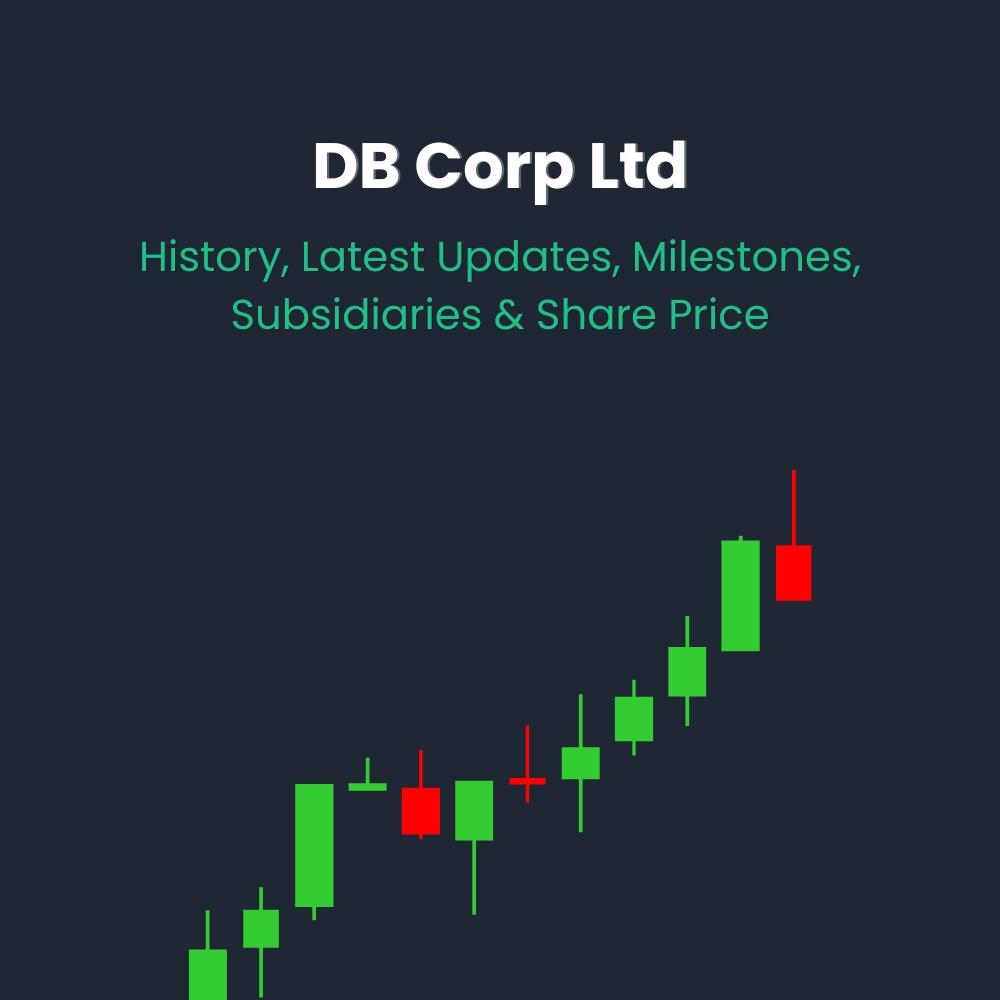Different Charges on Share Trading Explained: Brokerage, STT, and More
The trading ecosystem in India comes with an extended platform of taxes and charges during the transactions of share purchasing or selling. Some of the most popular and commonly identified trading account charges include goods and service tax (GST) and brokerage charges.
Intraday Trading and Delivery
There is a common misconception among amateur and experienced traders regarding the similarities between delivery and investment. The tax components on intraday trading belong to different brackets between these two categories.
Intraday Trading
If carried out on the same day, share transactions such as buying and selling come under this category. Day traders, when they purchase shares in the early trading hours of the morning-and contingent upon specific favourable stock market trends, if they make a sale before the official closure of the market, it can be defined as intraday trading.
Delivery Trading
The trading charges in delivery trading are applied based on the holding capacity of the investor with the shares. This is the opposite of intraday trading, which has the privilege and opportunity to hold them for more than one day. One of the hallmarks of delivery trading is that the person can purchase shares in the present and make a sale commitment even after three days. Stock sales can be made on the next day of trading or perhaps a week later and can go up to a maximum of 20 years after the transaction date.
Full-Service Brokers and Discount Brokers
The incidence of brokerage charges forms the key difference between discount brokers and full-service brokers. There are various standards and benchmarks related to trading account charges when it comes to the delineation between these two categories of brokers.
Full-Service Brokers
A full spectrum of trading services is part of the traditional platform in stock trading history. The brokerage charges concerned with currency swaps, commodity exchanges, and transactions in mutual funds depend on portfolio and asset management expertise. A single unified account provides holistic financial advisory services, banking requirements, and asset management.
Discount Brokers
These brokers are equipped with cutting-edge execution platforms that offer instantaneous speeds and serve as a budget-friendly mechanism for middle-class traders. The plethora of services provided by discount brokers includes currency derivatives, commodities, and stock trading. One of the pivotal points about discount broking is that they do not provide trading advice, but the only charge is reduced. The quantum of commission is also known as flat price.
The brokerage charges lie between 0.03 and 0.6 % of the total transaction volume in stock trading. On the contrary, discount brokers have a flat fee which can be either Rs 10 or 20 depending on the specific trade during the intraday interval. The highlight point about discount broking is that most of them do not charge extra fees during delivery trading. Brokerage charges are applied on both the share selling and buying.
A standard fee structure regarding the brokerage charges in the market is:
-
In the case of delivery trading, there is zero charge
-
In the case of intraday trading, the brokerage charges are applied at Rs 20 for a specific trade or 0.03 percent of the total trading volume, whichever is considered the minimum.
-
In the case of equity futures, a flat fee of Rs 20 is charged
Different Charges on Share Trading
One of the important components regarding share trading charges is the security transaction tax (STT). The tax on intraday trading is calculated apart from the charges of brokerage. The tax on intraday trading and the brokerage charges form the most significant component of the total trading charges for stock transactions. Transactions related to both buying and selling are applied with STT, in the case of delivery trading, which forms one-tenth of the total price of the transaction, and can be used on either trading side.
Examples of Different Charges on Share Trading
The various stockbroking charges can be better understood by taking the example of the investment decisions of traders Rujuta and Prasad. Rujuta makes a long-term investment of up to three years in the stock market while Prasad conducts trading in the intraday category. The brokerage company that handles both Rujuta and Prasad accounts charges Rs 20 per trade for specified intraday trading, and there are zero charges for delivery trading. At the preliminary level, intraday investments are considered cheap due to the comparatively fewer applied charges. The trading frequency for intraday trading is highest compared to everyday volume trades. Intraday trading consists of repeated brokerage charges, and the tax on intraday trading is also high. The charges incurred by the delivery trader Prasad are low because of the infrequent conduct of trades.
Conclusion
There are also several other charges that the amateur investor may not know. Still, they are crucial in gaining a comprehensive understanding of the various facets of efficient share trading.



